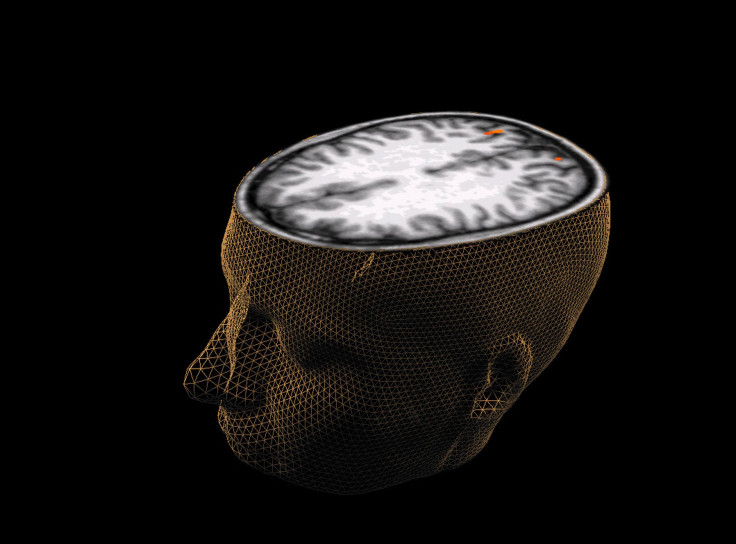Cocaine, Morphine Stimulate the Brain in Different Ways

Cocaine and morphine both stimulate the brain but in different ways, says a new study.
The study on the effects of cocaine and morphine on the brain was carried out by researchers at the Mount Sinai School of Medicine in New York. The research team led by Dr. Ja Wook Koo studied the effects of the drugs on the ventral tegmental area (VTA) and the nucleus accumbens regions of the brain.
Both morphine and cocaine affect the dopamine neurotransmitter which is related to the feeling of reward. Dopamine is released whenever the dopamine neuron is stimulated. The released dopamine is then taken in by the neighboring cells. Any excess dopamine is then reabsorbed by the dopamine neuron- a process that is called reuptake.
Cocaine doesn't let the excess dopamine be reabsorbed giving the person an extra feeling of reward. Also, a certain protein in the brain called the brain-derived neurotrophic factor (BDNF) enhances the feeling of being rewarded. According to other studies, the reason why cocaine users are impulsive, have certain abnormal habit-like behavior and have no fear for consequences of their actions may be because there are certain changes in the way the brain functions under the influence of cocaine.
On the other hand, in the presence of morphine, BDNF reacts differently and instead of an increased sense of a "high," it lowers the feeling of reward. Previous research has shown that a lack of this protein causes mice to overeat. In the present study, the researchers blocked the activity of BDNF and directly stimulated the neurons that are associated with increased activity in presence of a stimulant.
They found that blocking BDNF in the brain enhanced the feeling of reward that is associated with the use of morphine. This excitability was because there was no BDNF to decrease the reward feeling of morphine in the brain. Researchers then stimulated the nucleus accumbens, they found that activity of BDNF was reversed.
The study offers an explanation of the differences that occur at the molecular level of people who use cocaine or morphine. The study could lead to new targets for therapies that could help people cope manage drug addiction.
The study was published in the journal Science.



























